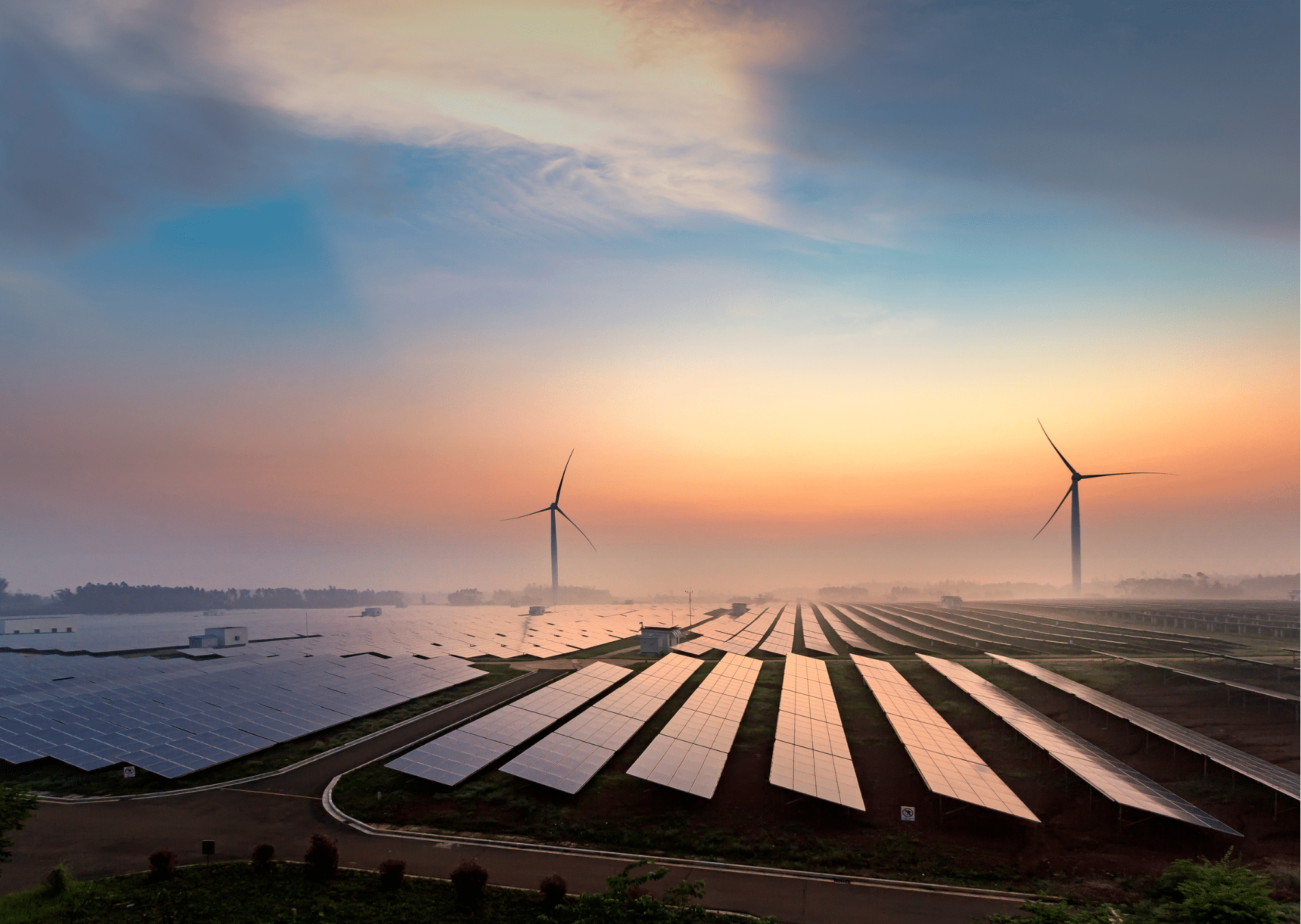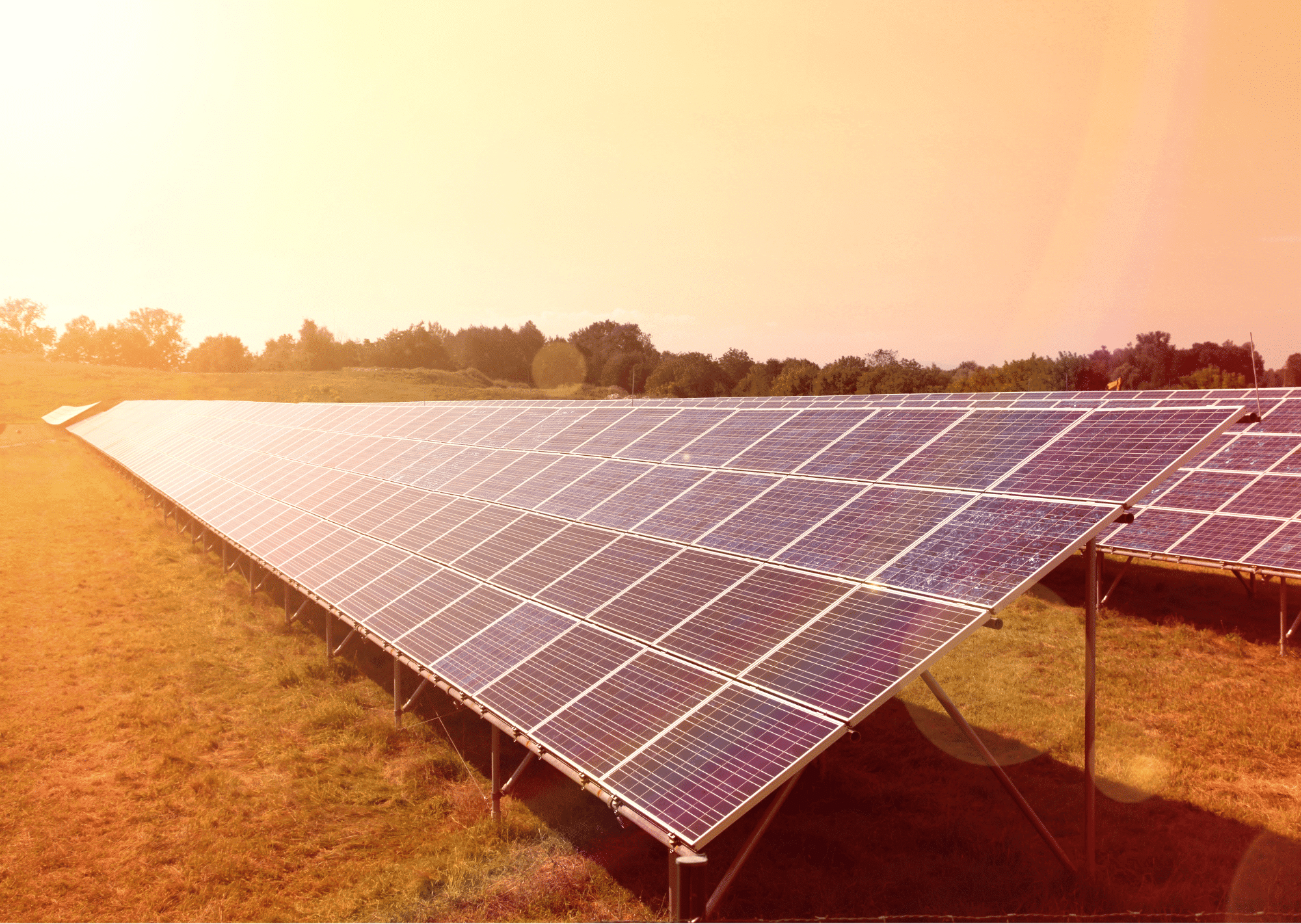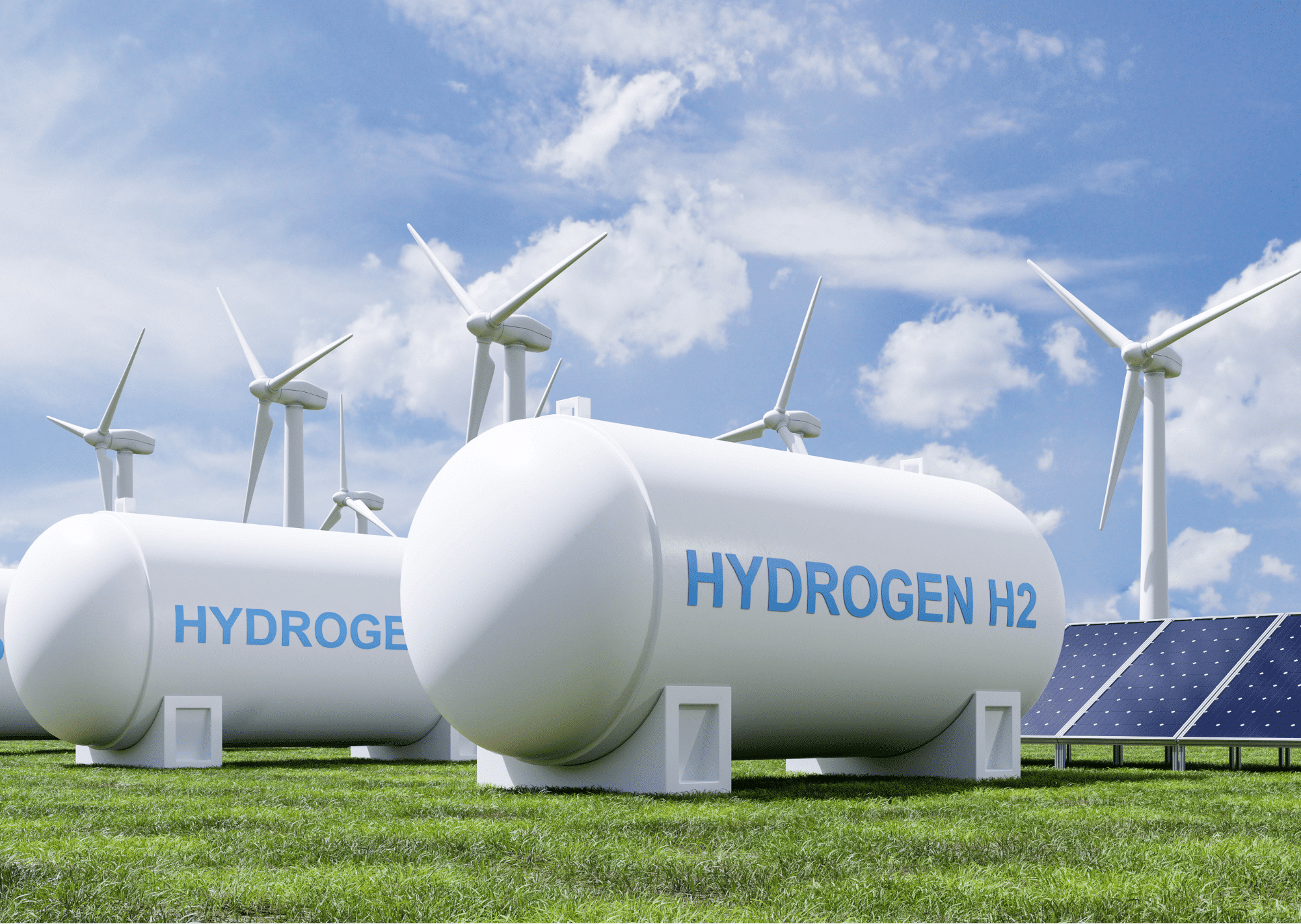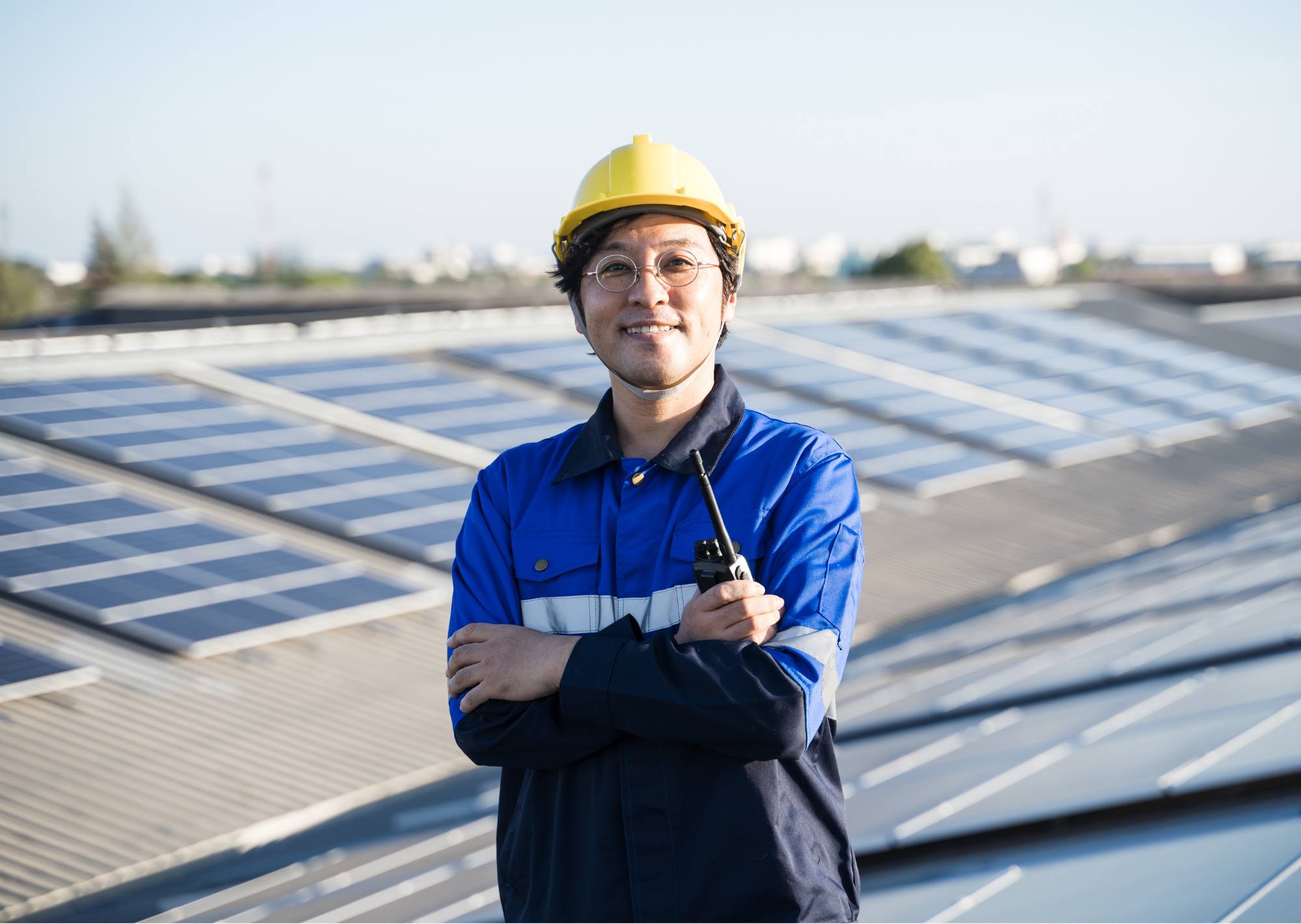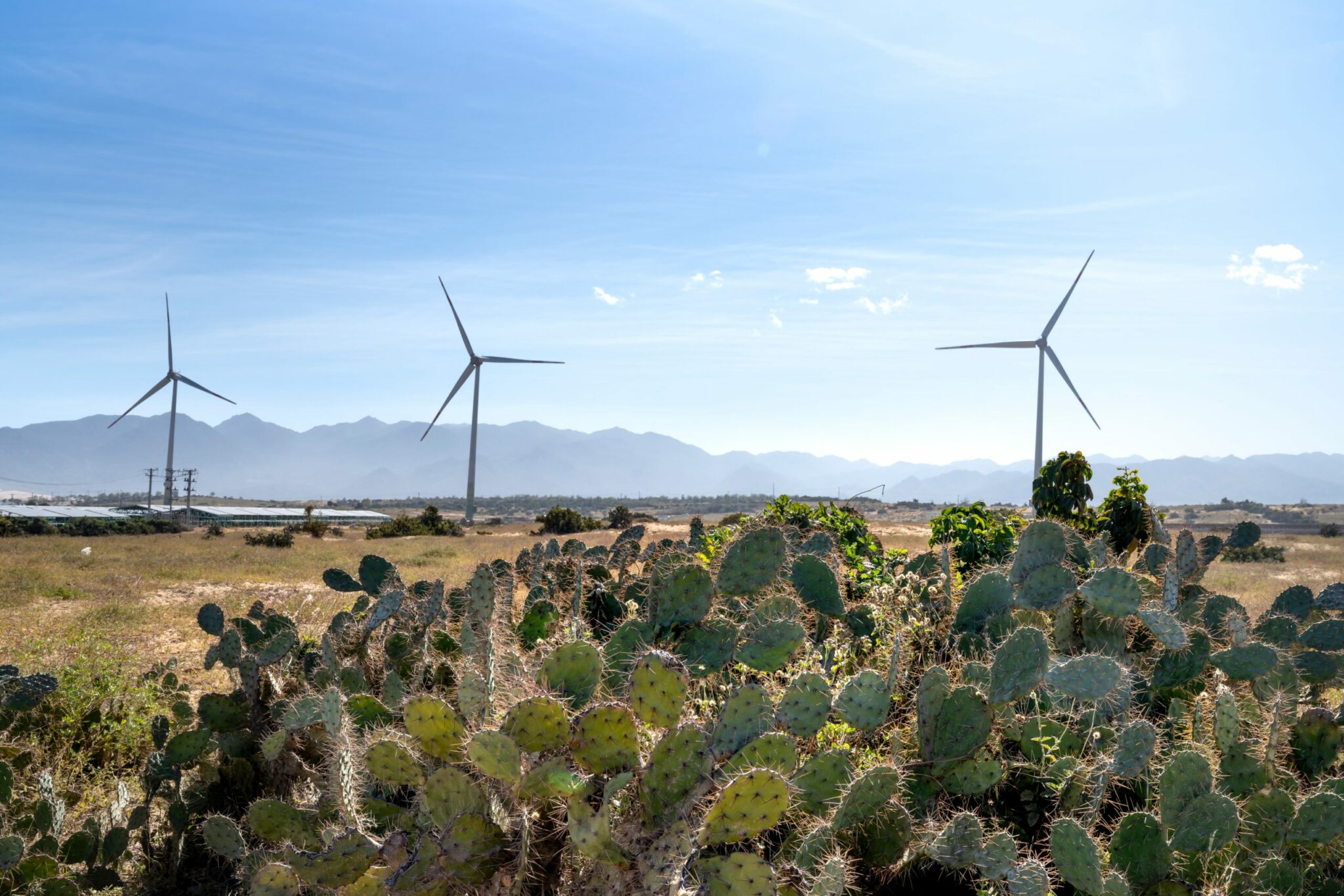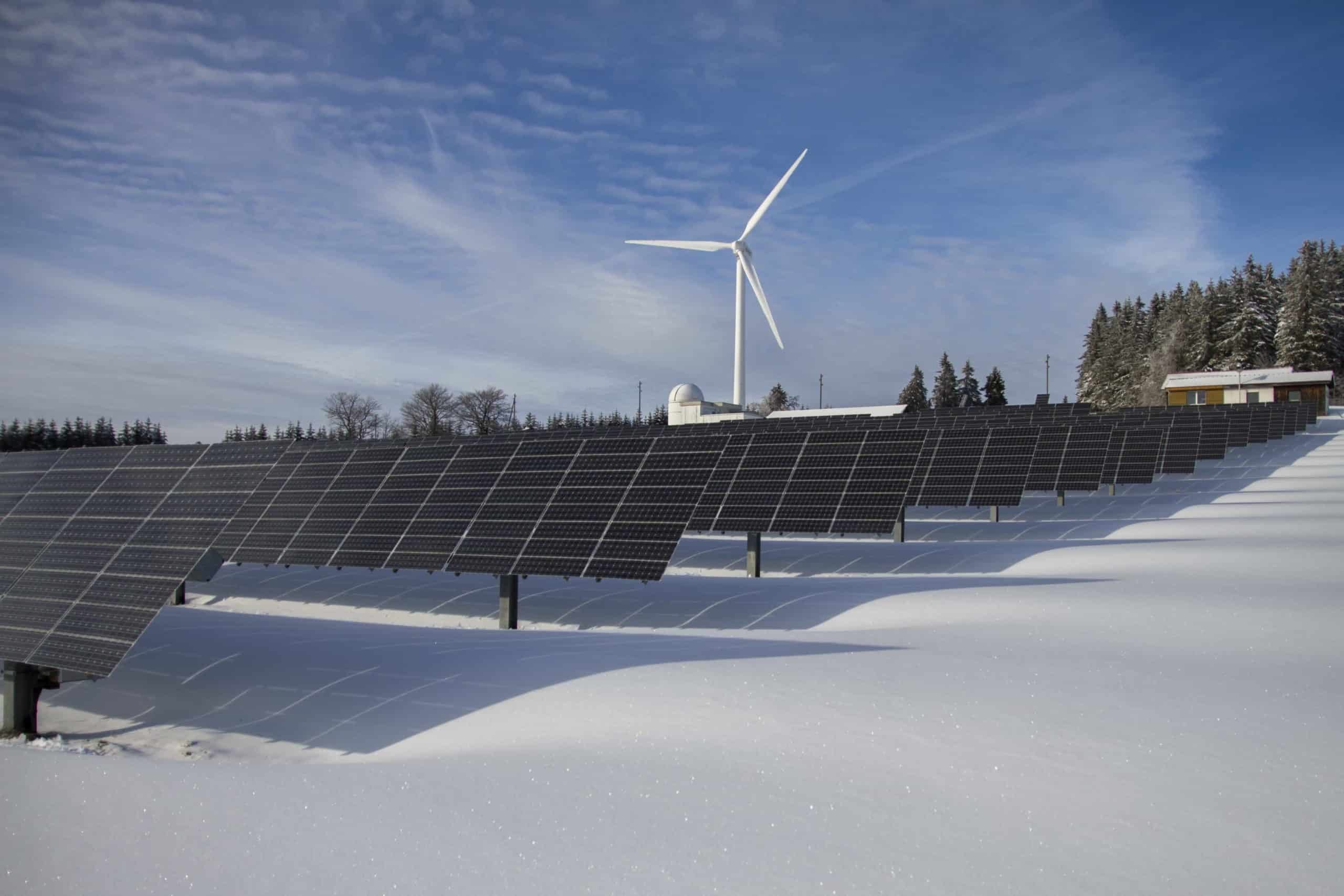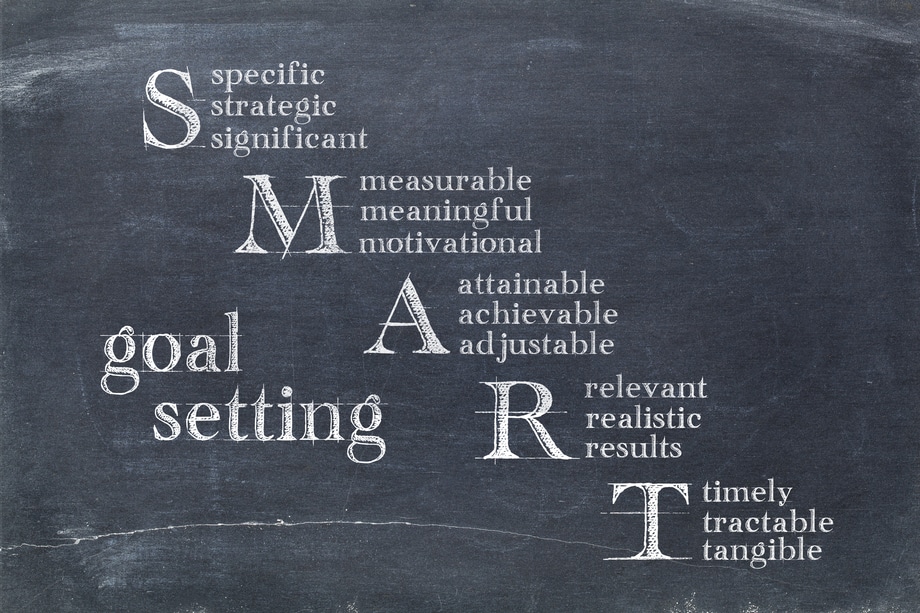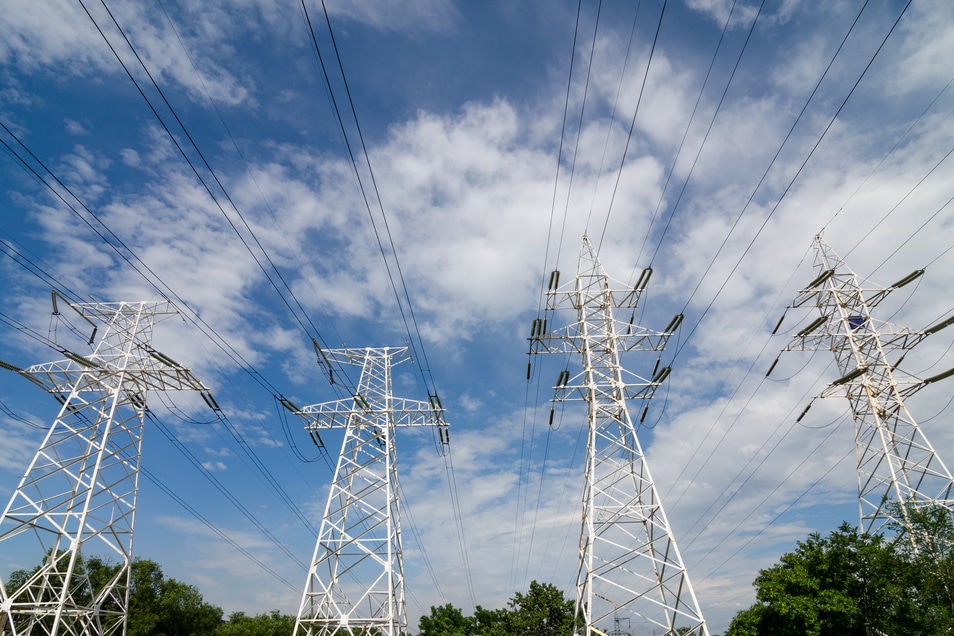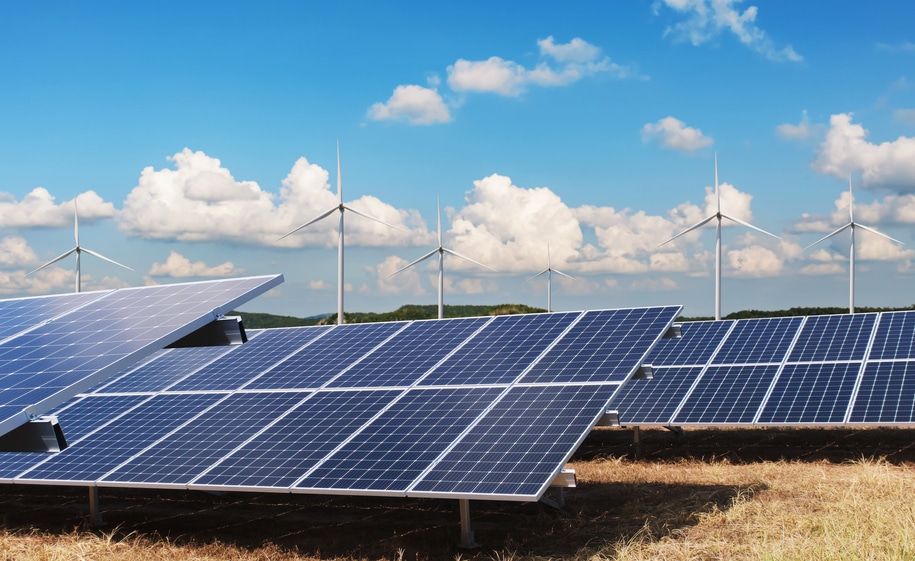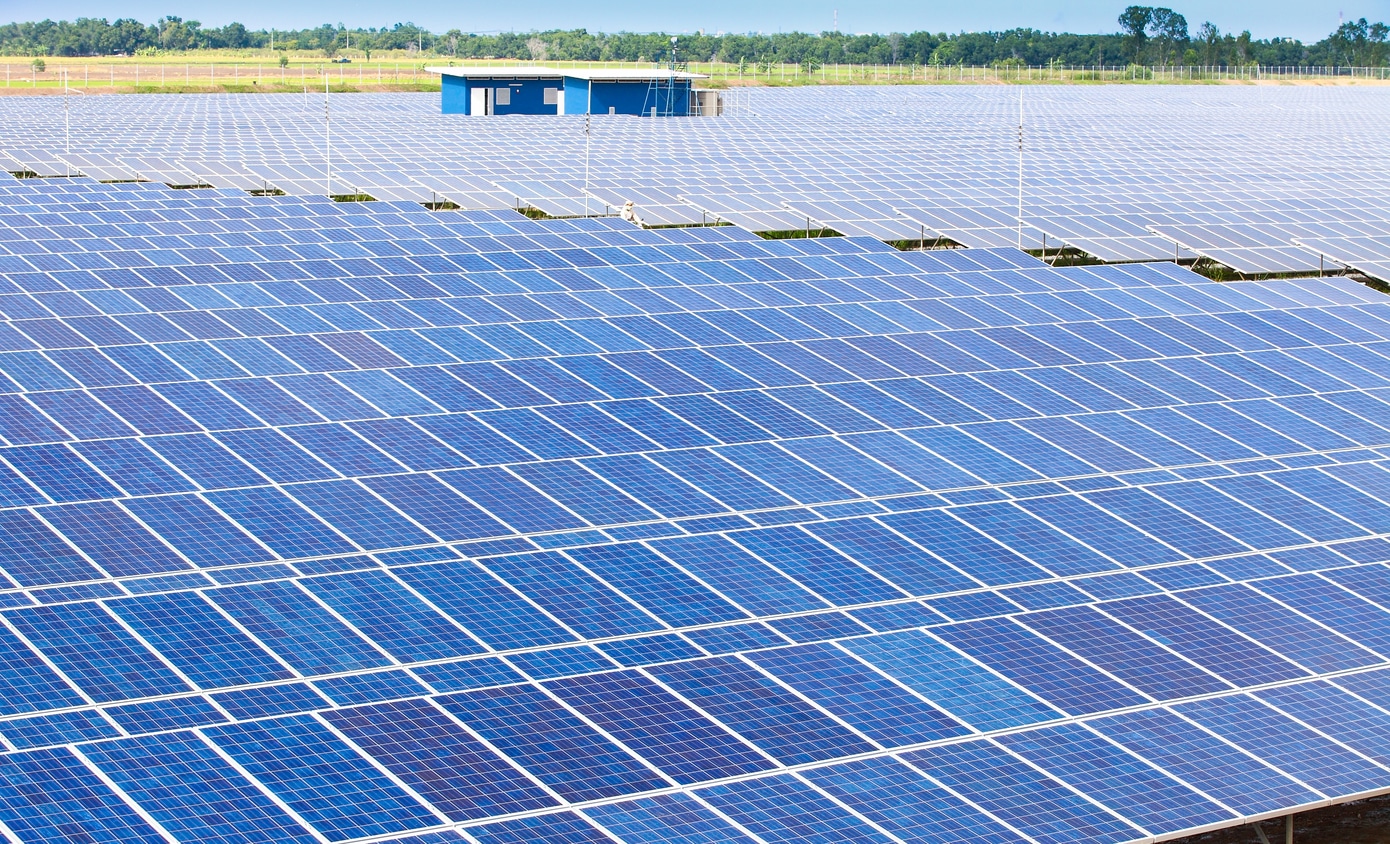Renewable, or “green” energy covers a wide range of technologies which generate electricity from a sustainable source like the sun, wind or tides. Unlike coal or gas, renewable energy sources don’t need any fuel to generate electricity. This is good news, since fossil fuel resources like coal, oil and gas are diminishing all the time, with studies showing that globally, oil and gas resources are forecast to dry up by 2070. Some reports predict oil could run out as soon as 2052 at the rate it is currently being used up. This is within the lifetime of most people reading this.
Global needs for power are increasing, and fossil fuel resources are diminishing all the time. Consequently, there is already a huge shift happening globally in the way we generate electricity and power our vehicles. The rapid growth of the renewable sector we have seen over the last 10 years is showing no signs of slowing down.
With this surge in development of renewable energy, it is now clear that this is going to become a major energy source for the world as a whole in the not-too-distant future. This change in approach to how we generate our power is driving a wide range of career choices both for undergraduates and graduates in renewable energy.
The international renewable energy agency (IRENA) have published a report, “Global Energy Transformation: A Roadmap to 2050” which forecasts renewable energy sources potentially meeting 86% of global power demands by 2050. The report also says that by 2050, the number of jobs created in renewable energy will be more than those lost by the fossil fuel sectors.
Renewable energy is a very diverse field, with wide ranging job options. Many are not specific to renewable energy in particular, for example business analysts, project managers, lawyers, researchers and scientists.
Other renewable energy career paths will require specific re-training, although many people will have transferrable skills that will enable them to transition into the renewable sector. Renewable energy encompasses well developed fields like hydroelectric, solar, wind and geothermal energy. These sectors are well understood, with mature infrastructure that is also growing to support the rapid expansion of installed renewable generation capacity.
Other more recent developments in renewable energy are still being actively researched and developed, like tidal, wave power and supplementary industries like grid-scale energy storage. These sectors would obviously appeal more to people looking for a career in research and development.
Grid scale energy storage is an essential component in the transition to renewable energy. Renewable energy generation depends on the availability of unpredictable resources like the wind and the sun. Sometimes there will be more renewable energy being generated than the grid demands, and sometimes there will be less renewable energy being generated than the grid demands. So grid scale energy storage is used like a giant ‘battery’ to store electricity to be used when the sun isn’t shining and the wind isn’t blowing. In some cases, they use literal batteries, like the world’s largest grid-scale solar battery storage system (as of June 2022) – the 409MW FPL Manatee Energy Storage System in Florida.
When planning any career switch, it is sensible to properly research the options available to you. The range of career paths is broad, with opportunities in engineering, consultation, architecture, design, manufacture, installation, service and maintenance. Your options will depend on a number of factors, for example, your current level of training and your ability to access further education and training; also, your ability to relocate to where the jobs are.
A recent study highlighted the fastest growing sectors in the green energy employment market. This shows the demand for electricians is projected to increase by 9.1% in the decade from 2020 to 2030. The transportation / freight sector is set to increase by 9.9% over the same period. Soil and plant scientists are set to rise by 10%; software developers by 22.2%, and demand for wind turbine service technicians set to rise by an astonishing 68.2% by 2030.
So it is important to determine your end goal, balancing factors like training and required level of pay. Seek guidance from experts and those currently working in renewable energy sectors. If necessary, invest in any necessary training and education required.
Finally, develop a network of contacts. Using business orientated social media platforms like LinkedIn are ideal for this – create a profile outlining your aims and ambitions and make connections with experts, industry specialists and relevant community groups. Upload your CV to us here and keep an eye on our renewable energy job board.
At Mackinnon & Partners, people are our success, and we want you to achieve your success. As renewable energy recruiters, we aim to provide first class candidates to a variety of emerging and established markets with a wealth of knowledge in the renewables, oil and gas, and construction industries both on and offshore.
Contact us to learn more about how you can advance your career or find world-class talent to add to your organization. We aim to give clients a seamless and hassle-free recruitment process with the right candidate presented the first time.
- Construction Jobs Recruitment Agency - April 15, 2024
- What is Recruitment Process Outsourcing? - April 8, 2024
- The Benefits of Outsourcing Recruitment to a Specialist Agency - March 27, 2024

























